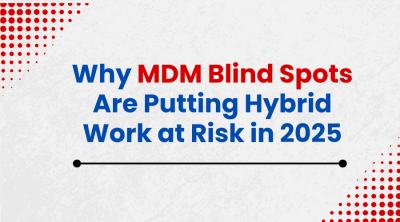How to get away with Online Scams

Deceptive acts to gather personal details, which eventually make cakes people fall victim to illicit actions online. Cyber Criminals fraudulently trap people to serve their plan, they usually use different mediums to trick you. Online scams have been evolving, in their types and ways since the birth of technology till date.
Social Media Scams
A single click on ads and offers popping up on your social media website might lead you to host malware that could introduce you to spyware, ransomware, viruses, or trojans. Other than this people usually impersonate any person you know or from your acquaintances to trap you.
Tip: Never click on ads showing up on your page. Scammers usually use offers or ads to market their fraud. Try to inquire fully before accepting any request or adding random people. Do not share your information with people who you met online.
Phishing
The most common scam. An email asking you to provide personal data and your details, passwords, credit card number, bank account number, or your ID from a legitimate source, for example, a bank, online shopping, and shipping companies, or any social networking site take you to an unwanted website to fetch out your details.
Tip: Fake Emails could be detected through grammatical mistakes or unprofessional language/phrases. Read twice or thrice before clicking any given link. You may also check if the source is authentic by searching its name on a search engine or by opening the website on another tab.
Fake Apps
Just like phishing emails, fake apps are full of malicious software. Looks real, but full of fraud. These apps sometimes ask you to submit your information to proceed further with the usage.
Tip: First off check the number of downloads of the app, its ratings, reviews, developer’s name, check discrepancies in the app Icon and permissions as well. Before downloading any app, go through it thoroughly.
Fake Messages and Calls
Another tool of scammers is text messages and calls. They pretend to be from health insurance, life insurance, car insurance, house financing schemes or loans, to get a job, or to promise quick money. A larger number of people get these kinds of calls or messages daily basis.
Tip: You can easily detect a scam by looking at the number you are getting messages or calls from, it might look odd. The caller’s tone sometimes sounds unprofessional. Their irritating emphasizing pitch that they use on selling you their goods, services, or schemes.
Online Shopping scam
Online shopping stores providing you their products by asking you your bank account, credit card, shipping address is the easiest scam. In this, way they not only get your bank credentials but addresses too.
Tip: Go to authentic websites, verified ones to buy your desired products. Check from your acquaintances if anyone has visited ever and had a good experience buying online.
Prize Scam
“You have won the lottery”, seeing this and clicking get you to fall into cybertheft. Either they ask you to pay to get your prize or to give your financial details. They also offer you to participate in a contest. By taking the name of the government, or organization they show how real they are though they are not.
Tip: Legitimate lotteries or contests never ask to pay upfront money if they do, then it's cent percent fake.
Conclusion
Cyberspace is not a safe place for users to rely on or trust people, sources, companies online. Scammers can only scam you if you let them. Maintain your cybersecurity, be alert. As technology is evolving, ways to play fraud are also increasing day by day.



.png)








































Comments (0)